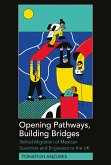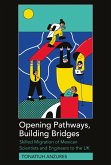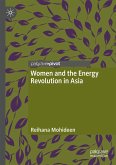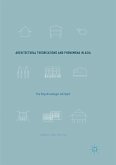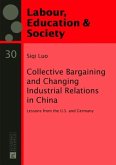The identity of Taiwan is a matter of intense local and international debate. This book shows how engineers helped produce two distinct visions of the land of Taiwan and its people, elevating the value of engineering as a career path in the process. The book describes how the technical work of engineers, which typically avoids partisan politics, can actually contribute to partisan differences and conflict. In most countries, the rise of engineering is about the emergence of a single dominant vision of the country. In Taiwan, two distinct visions of the land and its people emerged, owing to the presence of two distinct geographical identities-islanders and mainlanders.
The distributed mode of production in the electronics industry proved to be transformative and created an "abnormal boys' club" of engineers, as one group called themselves. Because the two communities were influenced by contrasting geographical identities, they felt as though they were working for different Taiwans.
"What a book. Engineers and the Two Taiwans traces how engineers creatively crafted professional identities and pathways in the cracks of multiple, shifting empires - and in so doing helped create Taiwan as a thing-unto-itself. In showing how engineers shaped and were shaped by geopolitics and the birth of a new electronics industry, the book opens up fresh perspectives on longstanding questions about who engineers are, how they are trained, where they ought to work, and ultimately what engineering is for. These engineers did politics through their material commitments even as they avoided partisan politics."
Jessica M. Smith, Editor-in-chief, Engineering Studies, Professor, Engineering, Design, and Society Department, Colorado School of Mines
"This book explores Taiwan's dynamic industrial evolution over the past century through the lens of different engineers' social dynamics, identity, values, and compelling narratives. It offers insights into Taiwanese own perceptions in the electronics industry and prompts reflection on how countries navigate domestic and international technology policies and social progress. You will come to appreciate how engineers in Taiwan today bear continuing responsibilities to connect their technical work to its land and people, even when their own commitments differ from one another."
Minn-Tsong Lin, Deputy Minister, National Science and Technology Council, Taiwan, Distinguished Professor, Department of Physics, National Taiwan University
The distributed mode of production in the electronics industry proved to be transformative and created an "abnormal boys' club" of engineers, as one group called themselves. Because the two communities were influenced by contrasting geographical identities, they felt as though they were working for different Taiwans.
"What a book. Engineers and the Two Taiwans traces how engineers creatively crafted professional identities and pathways in the cracks of multiple, shifting empires - and in so doing helped create Taiwan as a thing-unto-itself. In showing how engineers shaped and were shaped by geopolitics and the birth of a new electronics industry, the book opens up fresh perspectives on longstanding questions about who engineers are, how they are trained, where they ought to work, and ultimately what engineering is for. These engineers did politics through their material commitments even as they avoided partisan politics."
Jessica M. Smith, Editor-in-chief, Engineering Studies, Professor, Engineering, Design, and Society Department, Colorado School of Mines
"This book explores Taiwan's dynamic industrial evolution over the past century through the lens of different engineers' social dynamics, identity, values, and compelling narratives. It offers insights into Taiwanese own perceptions in the electronics industry and prompts reflection on how countries navigate domestic and international technology policies and social progress. You will come to appreciate how engineers in Taiwan today bear continuing responsibilities to connect their technical work to its land and people, even when their own commitments differ from one another."
Minn-Tsong Lin, Deputy Minister, National Science and Technology Council, Taiwan, Distinguished Professor, Department of Physics, National Taiwan University


